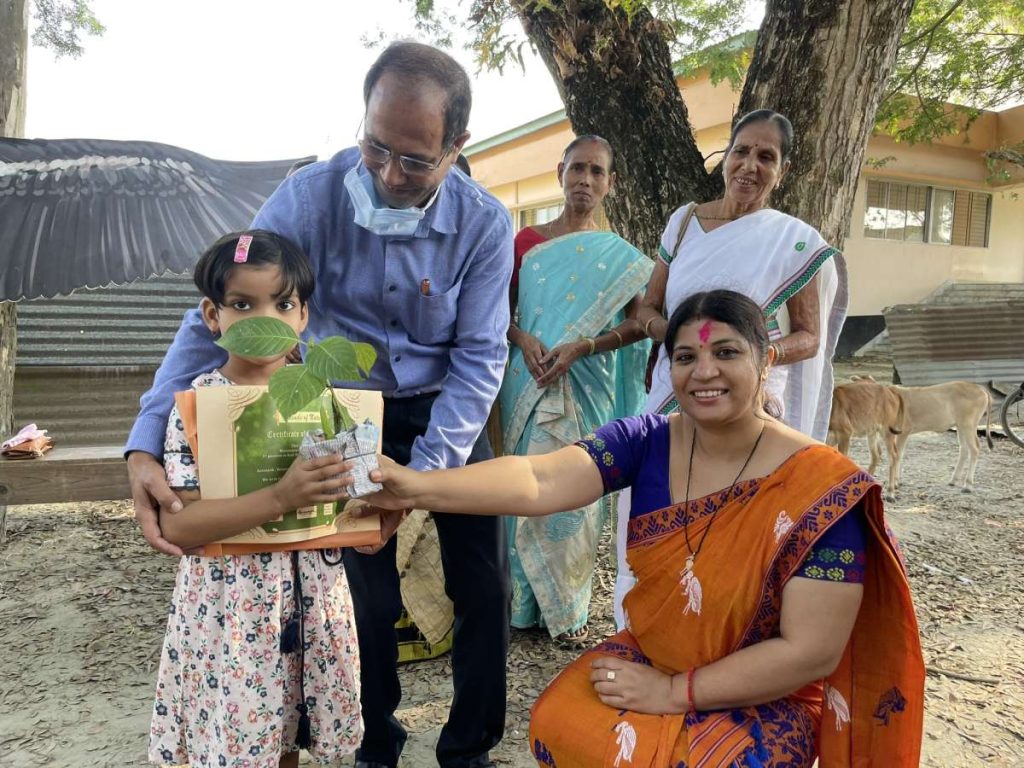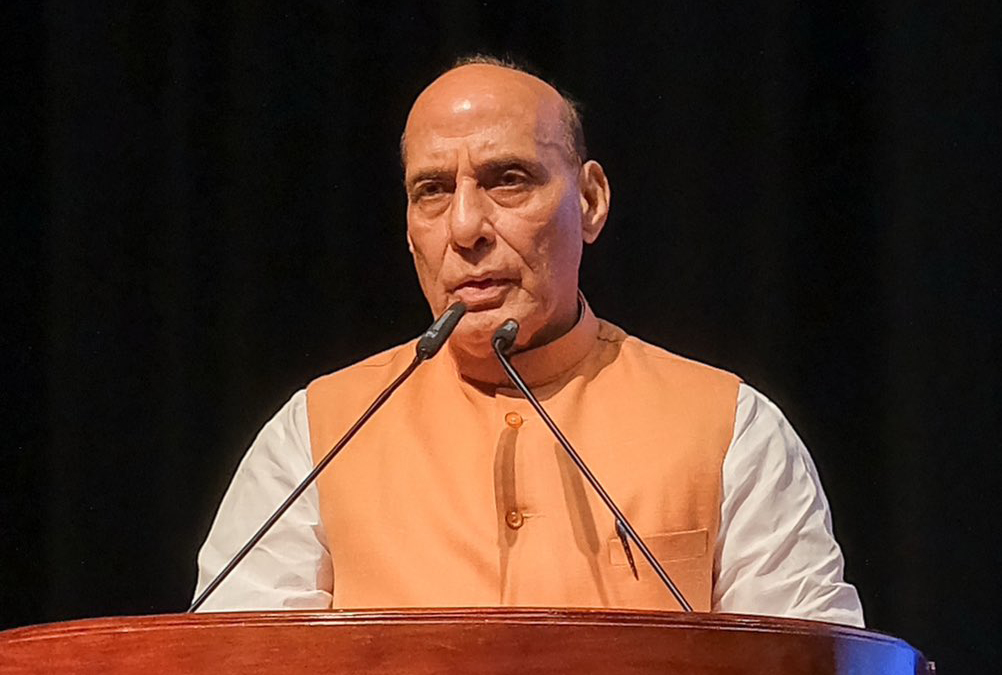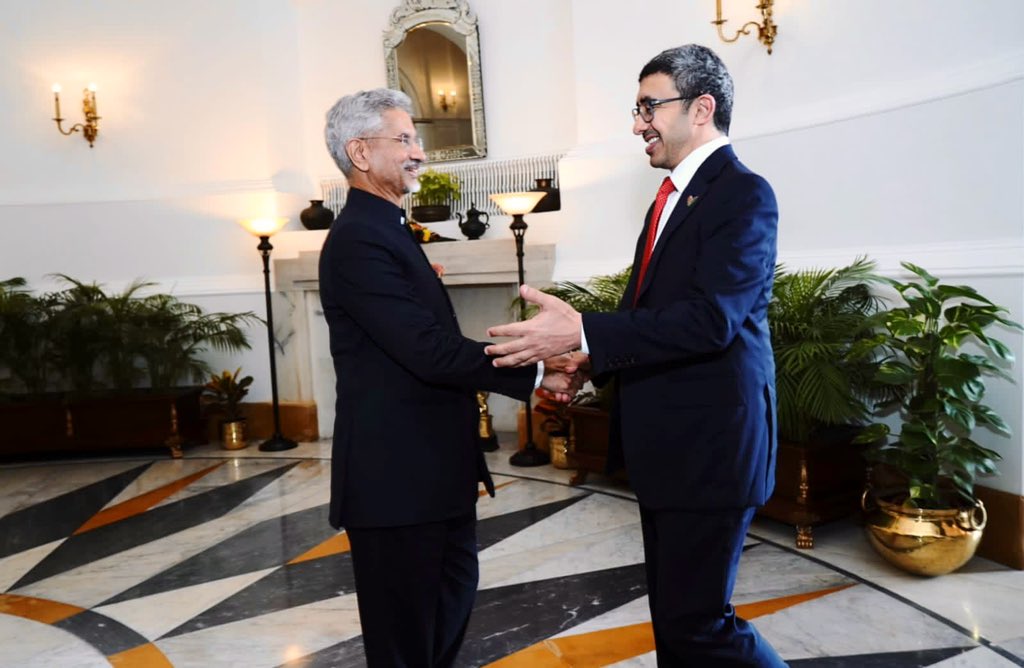It is the UN’s highest environmental honour. To date, the award has recognized 111 laureates: 26 world leaders, 69 individuals and 16 organizations….reports Asian Lite News
Purnima Devi Barman, conservation biologist known for initiating all-female grassroots conservation movement from Assam for saving the greater adjutant, one of the world’s rarest storks, is among the UN Environment Programme’s (UNEP) 2022 Champions of the Earth award announced on Tuesday.
Since its inception in 2005, the annual Champions of the Earth award has been awarded to trailblazers at the forefront of efforts to protect the natural world.
It is the UN’s highest environmental honour. To date, the award has recognized 111 laureates: 26 world leaders, 69 individuals and 16 organizations.
This year a record 2,200 nominations from around the world were received.
“Healthy, functional ecosystems are critical to preventing the climate emergency and loss of biodiversity from causing irreversible damage to our planet. This year’s Champions of the Earth give us hope that our relationship with nature can be repaired,” said Inger Andersen, Executive Director of UNEP.

“This year’s Champions demonstrate how reviving ecosystems and supporting nature’s remarkable capacity for regeneration is everyone’s job: governments, the private sector, scientists, communities, NGOs and individuals.”
UNEP’s 2022 Champions of the Earth are Barman honoured in the Entrepreneurial Vision category, is a wildlife biologist who leads the “Hargila Army”, an all-female grassroots conservation movement dedicated to protecting the greater adjutant stork from extinction.
The women create and sell textiles with motifs of the bird, helping to raise awareness about the species while building their own financial independence.
Arcenciel (Lebanon), honoured in the Inspiration and Action category, is a leading environmental enterprise whose work to create a cleaner, healthier environment has laid the foundation for the country’s national waste management strategy.
Today, arcenciel recycles more than 80 per cent of Lebanon’s potentially infectious hospital waste every year.
Constantino (Tino) Aucca Chutas (Peru), also honoured in the Inspiration and Action category, has pioneered a community reforestation model driven by local and Indigenous communities, which has led to three million trees being planted in the country.
He is also leading ambitious reforestation efforts in other Andean countries.
Partha Dasgupta (Britain), honoured in the Science and Innovation category, is an eminent economist whose landmark review on the economics of biodiversity calls for a fundamental rethink of humanity’s relationship with the natural world to prevent critical ecosystems from reaching dangerous tipping points.
Cecile Bibiane Ndjebet (Cameroon), honoured in the Inspiration and Action category, is a tireless advocate for the rights of women in Africa to secure land tenure, which is essential if they are to play a role in restoring ecosystems, fighting poverty and mitigating climate change.
She is also leading efforts to influence policy on gender equality in forest management across 20 African countries.
Following the launch of the UN Decade on Ecosystem Restoration (2021-2030), this year’s awards shine a spotlight on efforts to prevent, halt and reverse ecosystem degradation globally.
Ecosystems on every continent and in every ocean face massive threats. Every year, the planet loses forest cover equivalent to the size of Portugal. Oceans are being overfished and polluted, with 11 million tonnes of plastic alone ending up in marine environments annually.
One million species are at risk of extinction as their habitats disappear or become polluted.
Ecosystem restoration is essential for keeping global warming below 2 degrees Celsius and helping societies and economies to adapt to climate change.
It is also crucial to fighting hunger: restoration through agroforestry alone has the potential to increase food security for 1.3 billion people.
Restoring just 15 per cent of converted lands could reduce the risk of species extinction by 60 per cent. Ecosystem restoration will only succeed if everyone joins the #GenerationRestoration movement.













